All Stories
-
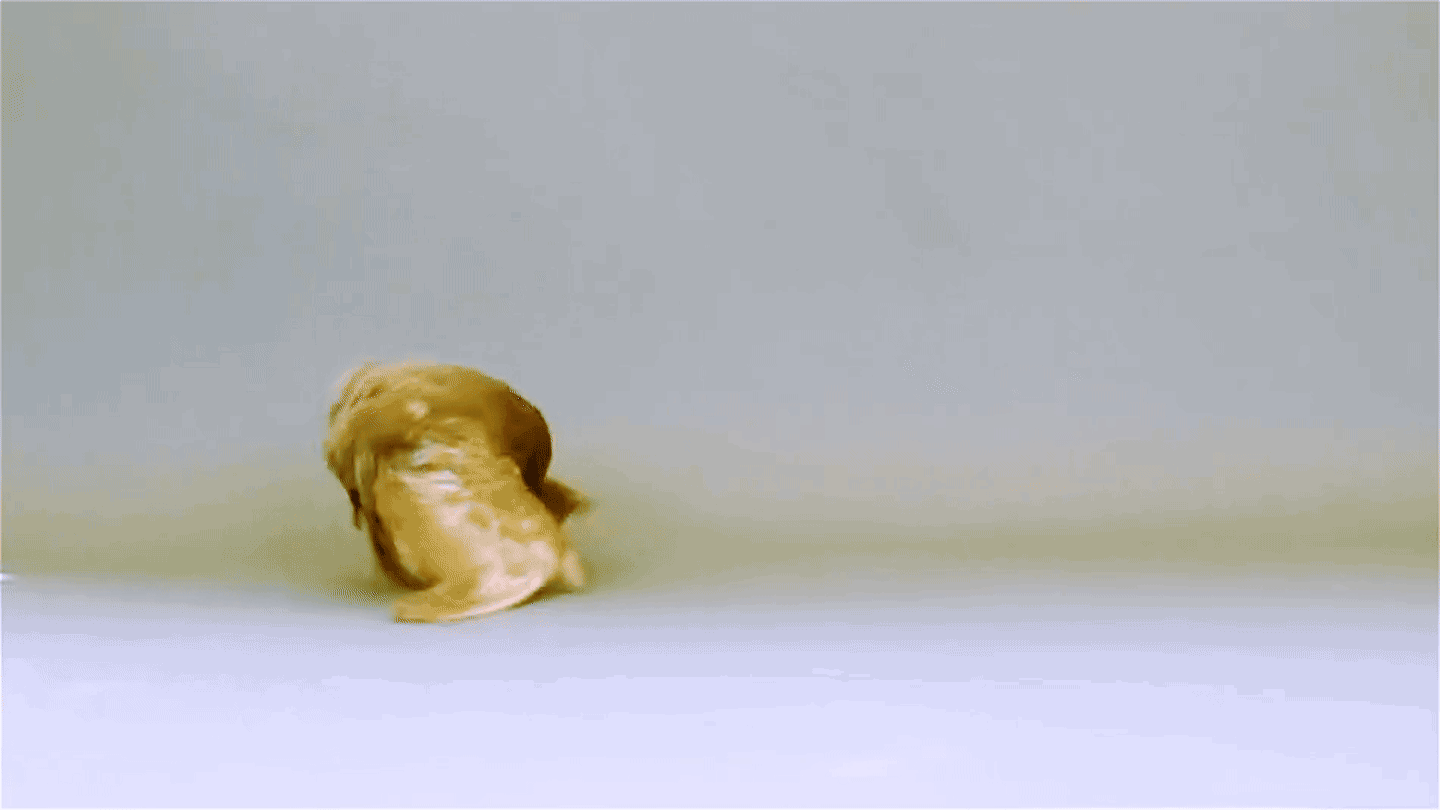 Genetics
GeneticsHere’s why some pigeons do backflips
Meet the scientist homing in on the genes involved in making parlor roller pigeons do backward somersaults.
-

Finally, scientists are making progress on long COVID
Editor in chief Nancy Shute discusses researchers' efforts to uncover long COVID's mysteries.
By Nancy Shute -

-
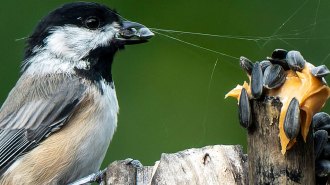 Neuroscience
NeuroscienceChickadees use memory ‘bar codes’ to find their hidden food stashes
Unique subsets of neurons in a chickadee’s memory center light up for each distinct cache, hinting at how episodic memories are encoded in the brain.
By Jake Buehler -
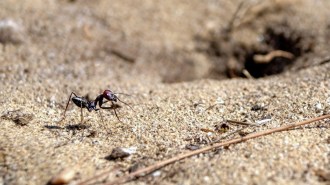 Neuroscience
NeuroscienceHere’s how magnetic fields shape desert ants’ brains
Exposure to a tweaked magnetic field scrambled desert ants’ efforts to learn where home is — and affected neuron connections in a key part of the brain.
-
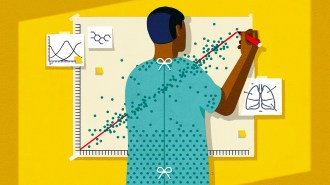 Health & Medicine
Health & MedicineHow patient-led research could speed up medical innovation
People with long COVID, ME/CFS and other chronic conditions are taking up science to find symptom relief and inspire new directions for professional scientists.
-
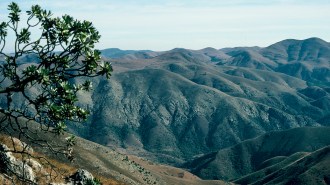 Earth
EarthEarth’s oldest known earthquake was probably triggered by plate tectonics
Billion-year-old rocks in South Africa hold evidence for the onset of plate tectonics early in Earth’s history.
-
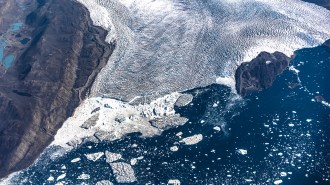 Earth
EarthClimate change is changing how we keep time
Polar ice sheets are melting faster, slowing Earth’s spin. That is changing how we synchronize our clocks to tell time.
-
 Space
SpaceA new image reveals magnetic fields around our galaxy’s central black hole
Astronomers have captured polarized light coming from the Milky Way’s central supermassive black hole, giving insight into its magnetic fields.
By Adam Mann -
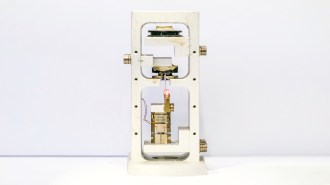 Physics
PhysicsA teeny device can measure subtle shifts in Earth’s gravitational field
No bigger than a grain of rice, the heart of the instrument is the latest entrant in the quest to build ever tinier gravity-measuring devices.
By Adam Mann -
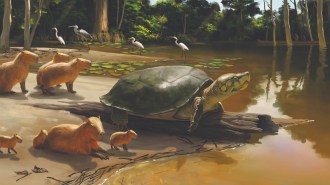 Paleontology
PaleontologyAn extinct sofa-sized turtle may have lived alongside humans
Peltocephalus maturin was one of the biggest turtles ever, but unlike similarly sized prehistoric freshwater turtles, it lived thousands of years ago.
By Jake Buehler -
 Animals
AnimalsBy fluttering its wings, this bird uses body language to tell its mate ‘after you’
New observations suggest that Japanese tits gesture to communicate complex messages — a rare ability in the animal kingdom and a first seen in birds.